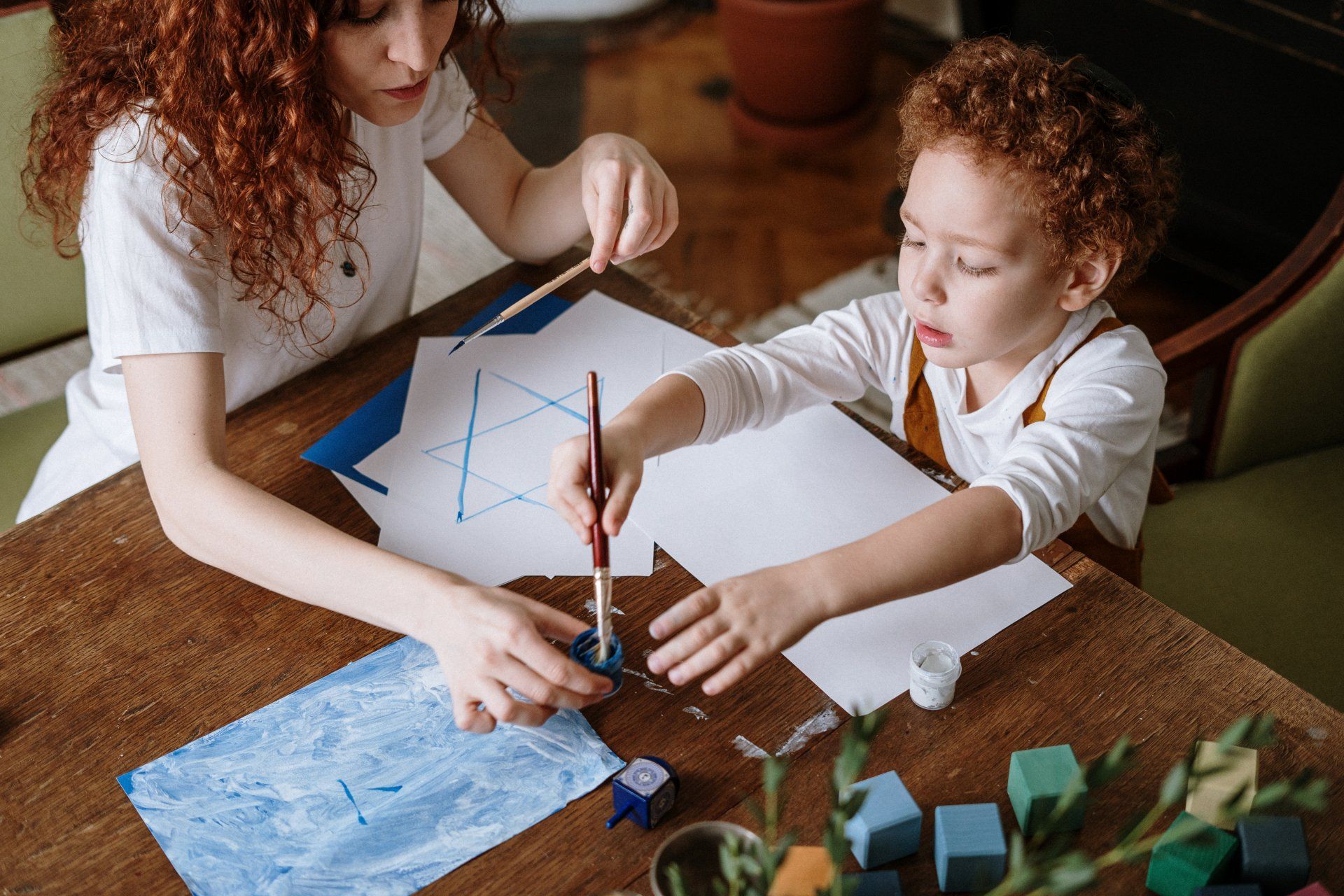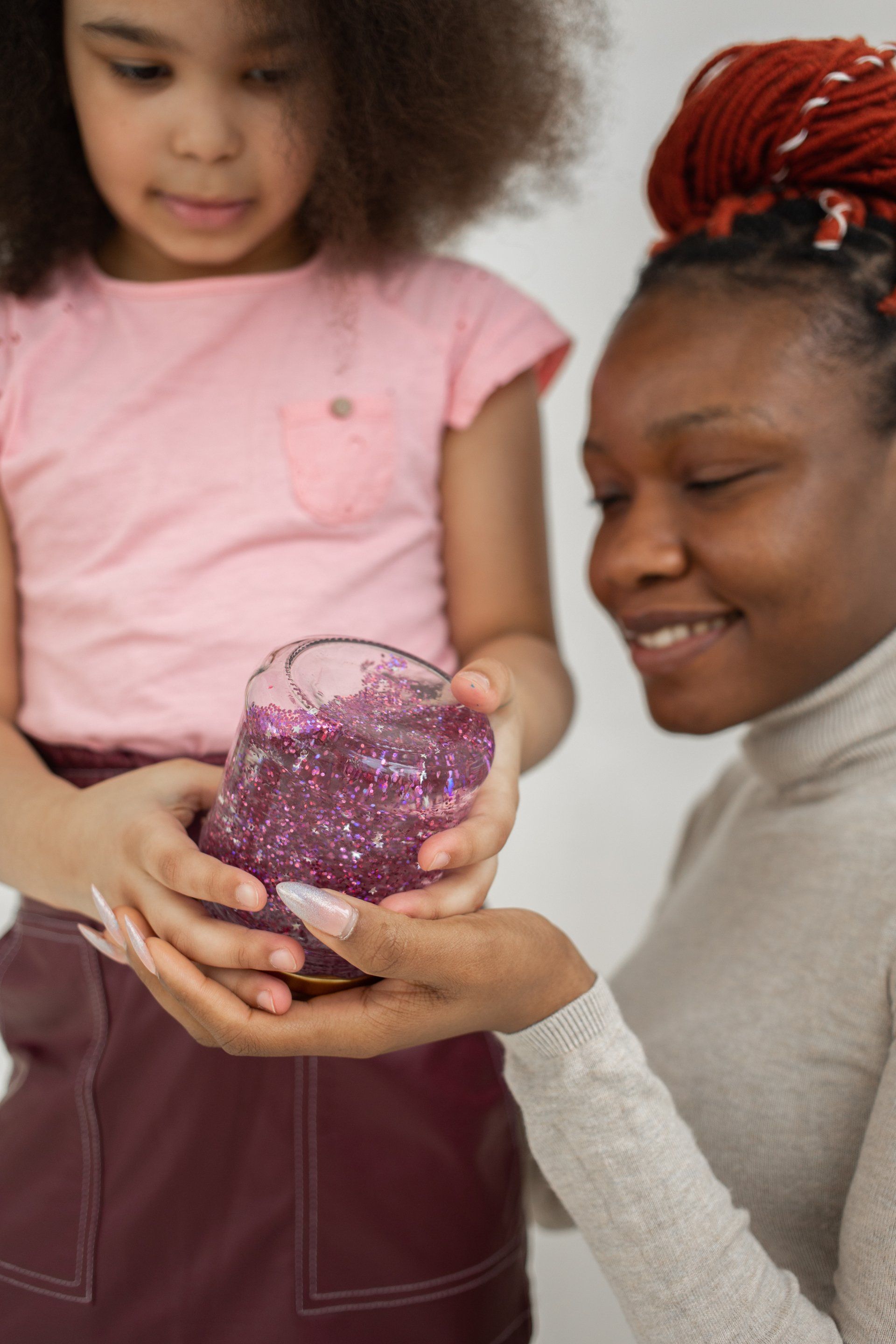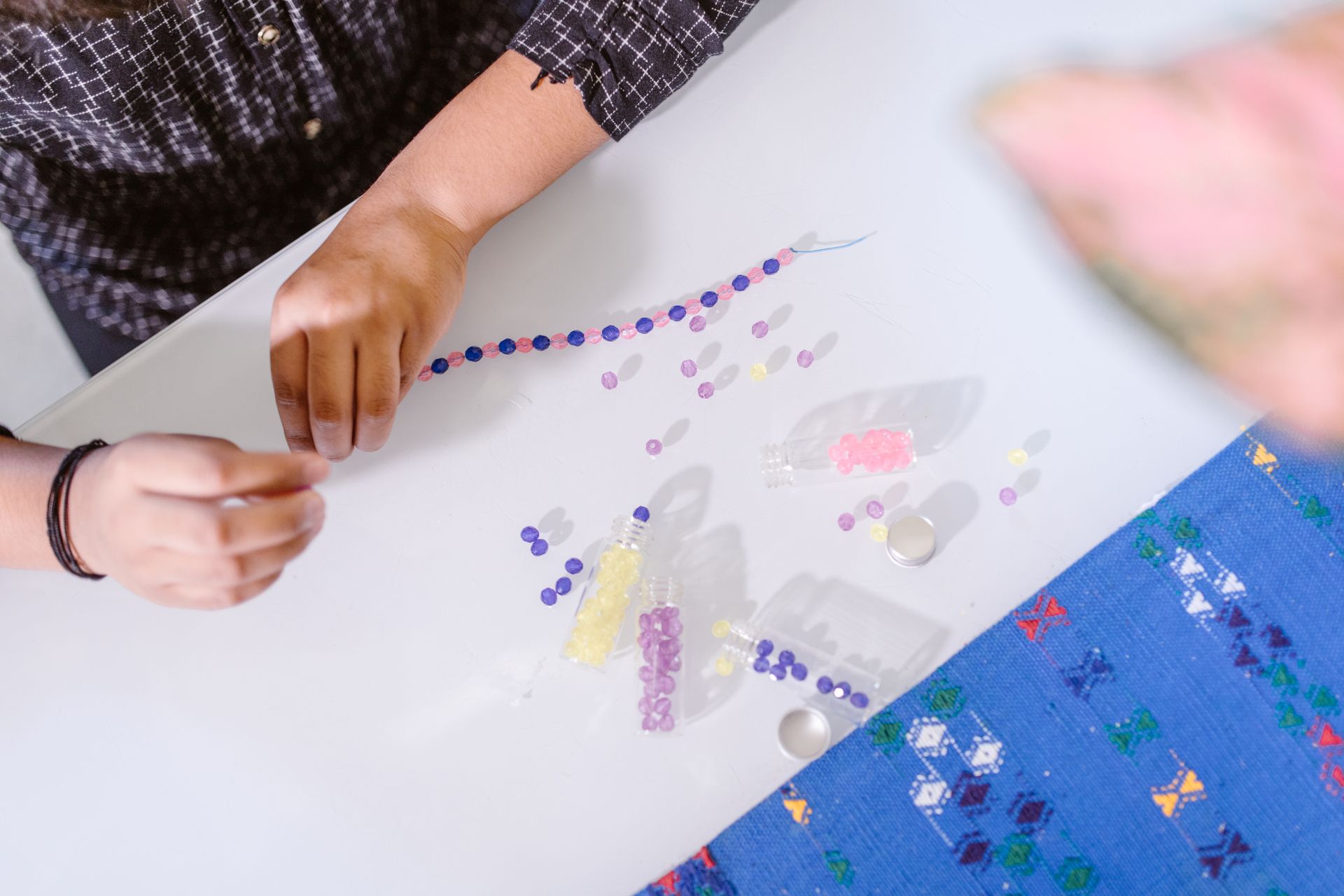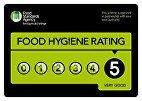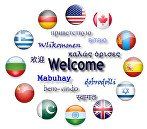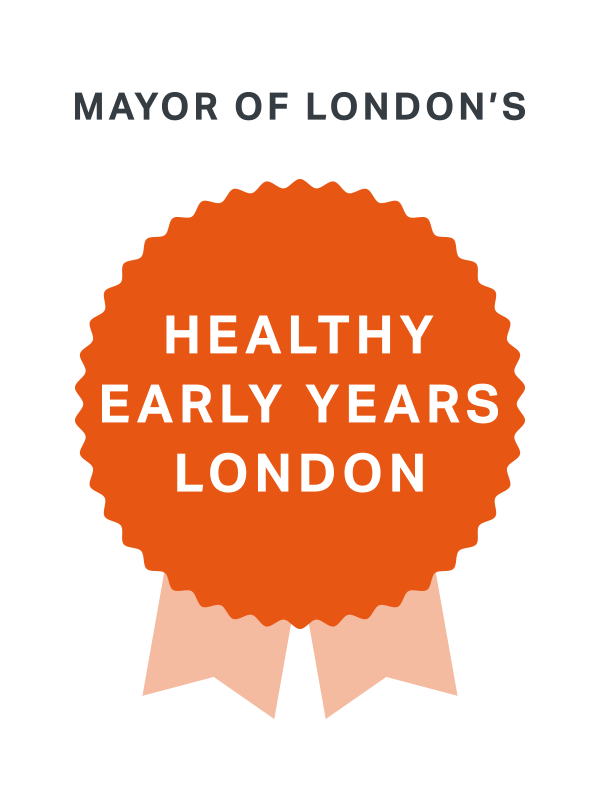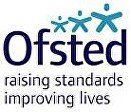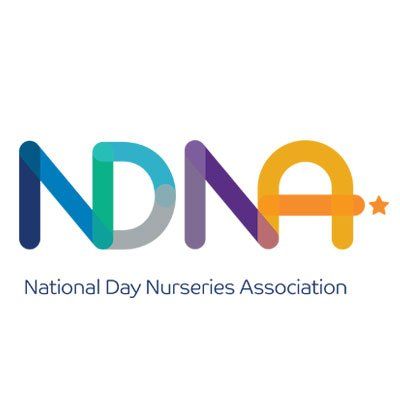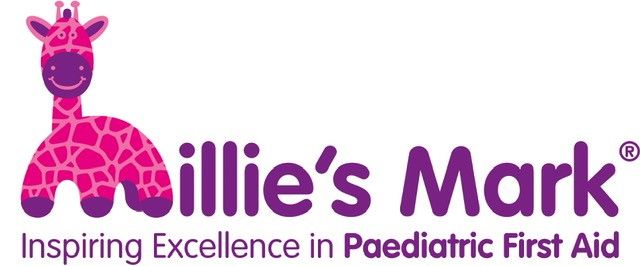Supporting Language Development in Toddlers: Tips and Activities for Parents and Educators
Supporting Language Development in Toddlers:
Tips and Activities for Parents and Educators
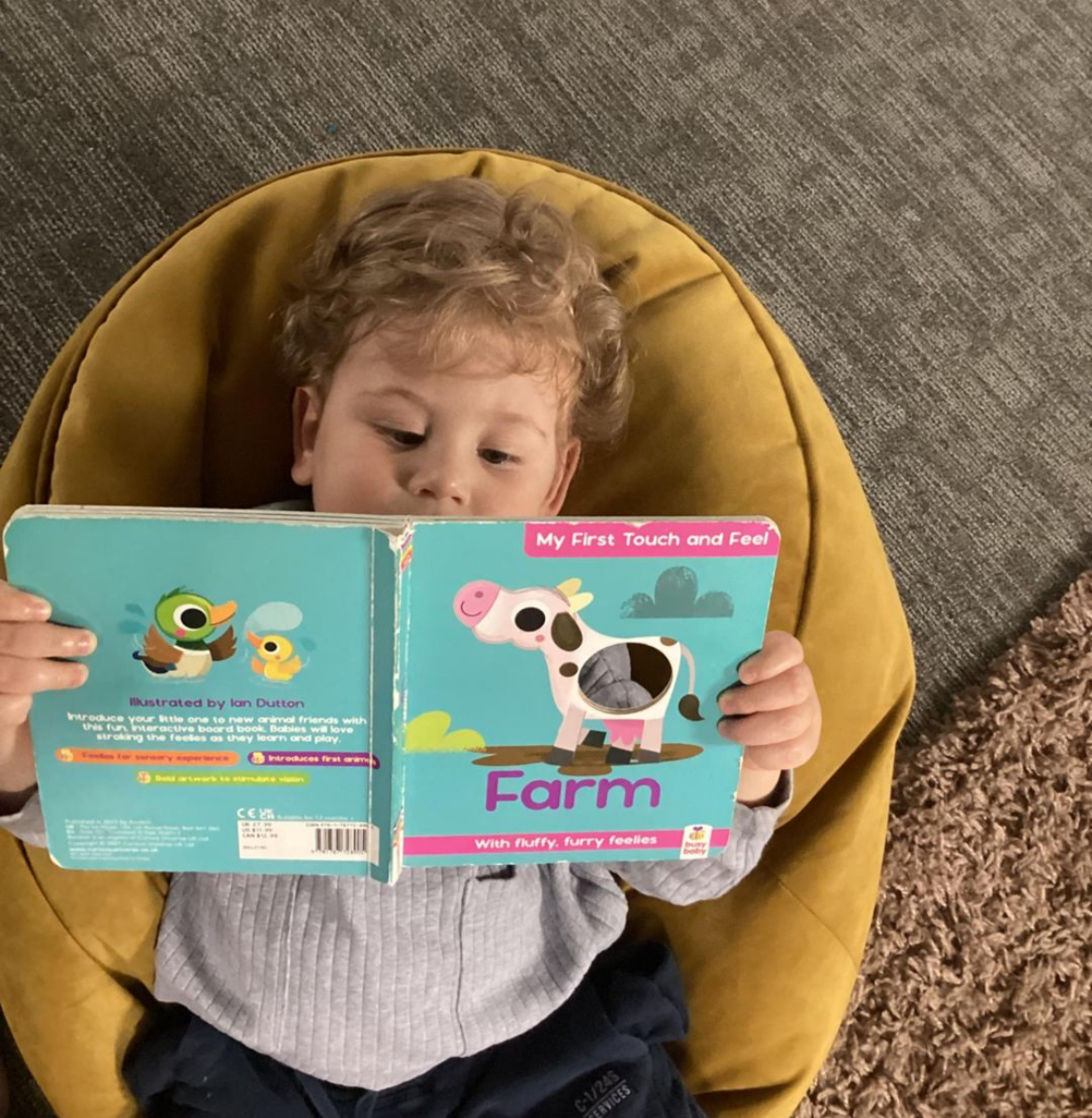
Supporting language development in toddlers is a cornerstone of early childhood education. These early years are critical for building the foundation for future academic success and effective communication skills. As parents and educators, fostering an environment that promotes language development can significantly impact a child's ability to express themselves, understand others, and develop literacy skills. This comprehensive guide aims to provide you with practical tips, engaging activities, and valuable insights to help you support the language development of toddlers. Whether you're a parent looking to enhance your child's vocabulary or an educator seeking new strategies for your classroom, this blog will offer you the tools and knowledge you need.
Understanding Language Development in Toddlers:
Language development in toddlers is a complex and fascinating process that typically follows a predictable pattern. However, it's important to remember that each child is unique and may reach milestones at their own pace. Here’s a closer look at the typical language milestones and how you can support your child's progress:
Ages 0-1:
- Babbling and First Words: Around six months, babies start to babble, producing sounds like "ba-ba" and "da-da." By their first birthday, many children will have said their first word.
- Recognising Names and Common Objects: Babies begin to recognise their names and understand simple words for common objects and people, like "mama," "dada," and "bottle."
Ages 1-2:
- Vocabulary Growth: During this period, toddlers typically experience a vocabulary explosion, learning new words rapidly.
- Simple Sentences: Children start combining two to three words to form simple sentences, such as "want cookie" or "more juice."
- Following Simple Instructions: Toddlers can follow simple one-step instructions like "come here" or "give me the ball."
Ages 2-3:
- More Complex Sentences: Vocabulary continues to grow, and sentences become more complex, often including three to four words.
- Asking Questions: Toddlers begin to ask questions, often using "what," "where," and "why."
- Understanding Basic Concepts: Children start to grasp basic concepts such as colours, shapes, and sizes.
Ages 3-5:
- Storytelling: By age three, many children can tell simple stories, often about their own experiences.
- Using Grammar: Children begin to use more complex grammar, including past tense and plurals.
- Engaging in Conversations: Toddlers become more skilled in taking turns in conversation and staying on topic.
Supporting Language Development:
Parents and educators can support language development by engaging in daily conversations with children, reading to them regularly, and providing a language-rich environment. Encourage your child to express themselves, and always be responsive to their attempts at communication.
Activities to Boost Language Skills:
Reading to toddlers is one of the most effective ways to enhance language development.
Here are some tips to make reading sessions engaging and interactive:
Choose Age-Appropriate Books: Select books with colourful pictures, simple text, and engaging stories. Board books are ideal for younger toddlers, while picture books work well for older ones.
Make Reading Interactive: Ask questions about the story and pictures. Encourage your child to describe what they see and predict what might happen next. For example, if you're reading a book about animals, ask, "What sound does this animal make?"
Use Expressive Reading: Use different voices for characters, emphasise key words, and add sound effects to make the story come alive.
Play-Based Learning:
Play is a natural way for toddlers to learn and practice language skills. Incorporate language-rich play activities into your daily routine:
- Pretend Play: Engage in pretend play scenarios such as playing house, grocery store, or doctor. These activities allow children to use new vocabulary and practice conversational skills.
- Language-Rich Games: Games like "Simon Says" and "I Spy" help reinforce language concepts while having fun. For example, "I spy with my little eye something that is red" encourages children to describe objects and use adjectives.
- Storytelling with Toys: Use dolls, action figures, or stuffed animals to create stories. Encourage your child to narrate what the toys are doing and saying.
Music and Movement:
Songs and rhymes are excellent tools for language development. Singing nursery rhymes, playing musical instruments, and engaging in dance activities can help toddlers learn new words and improve their rhythm and pronunciation. Here are some activities to try:
- Singing Nursery Rhymes: Classic nursery rhymes like "Twinkle, Twinkle, Little Star" and "The Wheels on the Bus" are great for building vocabulary and phonemic awareness.
- Musical Instruments: Simple instruments like drums, tambourines, and maracas can be used to create rhythms and beats. Encourage your child to sing along while playing the instruments.
- Action Songs: Songs with actions, such as "If You're Happy and You Know It" and "Head, Shoulders, Knees, and Toes," combine movement with language learning, making it easier for children to remember new words.
Encouraging Early Literacy:
Creating a Literacy-Rich Environment:
Setting up a home or classroom space that encourages reading and writing is essential for early literacy development. Here are some tips:
- Accessible Books: Ensure that books are within easy reach of children. Create a cozy reading nook with comfortable seating and good lighting.
- Diverse Materials: Provide a variety of reading materials, including books, magazines, and picture cards. Having a diverse selection can cater to different interests and reading levels.
- Labelling: Label items around the house or classroom with their names. This helps children associate words with objects and reinforces vocabulary.
Incorporating Literacy into Daily Routines:
Integrate reading and writing into everyday activities to reinforce literacy skills. Here are some examples:
- Morning Routine: Start the day with a short story or a poem. Discuss what you read over breakfast.
- Shopping Trips: Create a shopping list together. Encourage your child to "read" the list while shopping and find the items.
- Bedtime Stories: End the day with a bedtime story. Ask questions about the story and let your child choose the book.
Fostering Communication and Social Skills:
Promoting Conversational Skills:
Engaging your toddler in conversations throughout the day is crucial for developing their language skills. Here are some techniques:
- Open-Ended Questions: Ask questions that require more than a yes or no answer. For example, "What did you do at the park today?" encourages your child to describe their experiences.
- Narrate Activities: Describe what you're doing as you go about your day. For instance, while cooking, you might say, "I'm cutting the carrots into small pieces."
- Active Listening: Show interest in what your child is saying by maintaining eye contact, nodding, and responding appropriately. This encourages them to continue the conversation.
Building Listening Skills:
Activities that enhance active listening are crucial for language development. Here are some suggestions:
- Listening Games: Play games like "Follow the Leader" or "Simon Says" that require careful listening and following instructions.
- Story-time: After reading a story, ask your child to retell it in their own words. This helps them practice listening and comprehension skills.
- Listening to Music: Listening to songs and identifying different instruments or sounds can improve auditory discrimination skills.
Encouraging Peer Interaction:
Social play with peers is vital for language development. Here are some strategies to facilitate positive interactions among toddlers:
- Playdates: Organise regular playdates with other children. Provide opportunities for cooperative play activities, such as building with blocks or playing dress-up.
- Group Activities: Engage children in group activities like singing songs, playing games, or working on art projects together.
- Conflict Resolution: Teach children how to resolve conflicts through conversation. Model and guide them in using phrases like "Can I play with that when you're done?" or "Let's take turns."
Addressing Language Development Concerns:
Identifying Delays and Seeking Help:
It's important to be aware of signs that may indicate language development issues. Here are some common signs and steps to take if you have concerns:
- Limited Vocabulary: If your child has a very limited vocabulary compared to peers, it may be a sign of a language delay.
- Difficulty Following Instructions: Struggling to follow simple instructions could indicate an issue with comprehension.
- Lack of Interest in Communication: If your child shows little interest in communicating or interacting with others, it might be worth seeking professional advice.
Working with Speech-Language Pathologists:
Speech-language pathologists (SLPs) are trained professionals who can assess and support children with language difficulties. Here's how to collaborate with SLPs:
- Assessment: An SLP can evaluate your child's language skills to identify specific areas of need.
- Individualised Plans: Based on the assessment, the SLP will create a personalised plan with targeted activities and strategies.
- Parental Involvement: Stay involved in the process by participating in therapy sessions when possible and implementing suggested activities at home.
Conclusion:
Supporting language development in toddlers is a rewarding journey that involves patience, creativity, and dedication. By providing a language-rich environment, engaging in interactive activities, and seeking professional help when needed, you can help your child build strong language skills that will benefit them throughout their life. Remember, every child develops at their own pace, so celebrate their progress and continue to nurture their love for language and learning.
FAQ:
1. What are the key milestones in toddler language development?
- Typical milestones include babbling and first words (ages 0-1), simple sentences (ages 1-2),
complex sentences and questions (ages 2-3), and storytelling and grammar use (ages 3-5).
2. How can I create a language-rich environment at home?
- Set up a reading nook, have a variety of books and writing materials accessible, and integrate reading and writing into daily routines.
3. What activities can help boost my toddler's language skills?
- Activities include interactive reading, play-based learning, and music and movement activities.
4. When should I be concerned about my child’s language development?
- If you notice limited vocabulary or difficulty following instructions, consider seeking professional advice.
5. How can I support my toddler’s communication skills?
- Engage in conversations, ask open-ended questions, and encourage peer interaction.
Give your child the gift of reading! We've come across an affiliate reading program that makes learning to read fun and engaging, helping kids develop strong reading skills early.
Set your child up for success and a lifelong love of reading today.
**Disclaimer:** This post may contain affiliate links. If you click on these links and make a purchase, We may earn a commission at no additional cost to you.
We only recommend products and services we trust and believe will provide value. Thank you for supporting Global Kids Day Care Ltd.



